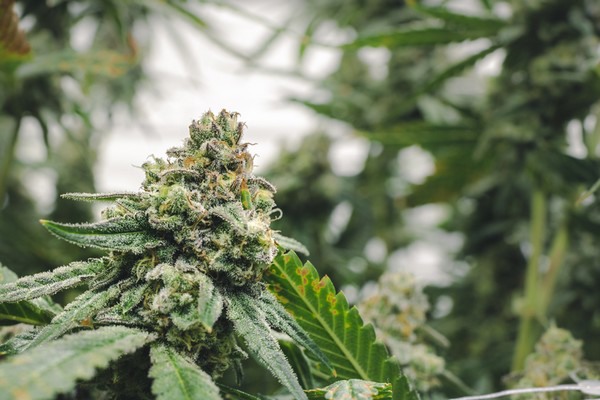The closed cannabis supply chain in the Netherlands is watched with increasing interest, not only by Dutchies but also by international companies. Just like every new sector being set up from nothing, there have been some hiccups along the way with regard to the application process. After the first companies were selected, left-out growers proceeded to file complaints and lawsuits to revert the decision. However, the only effect of that was to slow down the process for others even more.
Recently, the Dutch government has shared that seven applicants got through the integrity check and they are now moving to the next phase of the experiment. One of these applicants is Cannamax, which is now looking to set up cultivation in the municipality of Lingewaard, in the East of the Netherlands. “There is a bit of a delay as of now,” says Derk Wisman, co-founder of Cannamax. “There are some people in the community that are specifically worried about stench nuisance and crime.”

Indoor-grown cannabis for the closed chain experiment
Cannamax is going to grow its cannabis in an indoor facility. “We decided to go indoors for two reasons, mainly,” he continues. “We want to produce the highest quality product, and we believe that’s possible only when growing indoors. Moreover, an indoor facility significantly helps with crime risk mitigation, rather than a glass warehouse.” Derk is also the founder and CEO of a defense solutions company, so he is very much aware of what is needed to keep a space safe. The experience in the defense sector has not only helped Derk to better understand this aspect of cannabis cultivation, but also to be knowledgeable about tender processes generally speaking.
“In the defense market, tender documents can be 200, or even 400 pages long,” he remarks, “and you need to be utterly specific with regards to what you need to put in. Having expertise in that has greatly helped us to get through the cannabis application process. The biggest challenge for us was to cram all the info on our plan into the 40 pages of the cannabis tender. At the same time, I can understand that the cannabis tender document could have been quite a challenge for people not much familiar with the matter, as the questions asked there were left quite open. The document had 4 parts, each part with specific questions, and applicants were left fairly free to address them as they wanted. For instance, when it comes to the quality level of the production, applicants were free to address that aspect as they wanted. As long as it concerns us, we believe that there’s only one quality level, and that’s high quality."
Derk and Cannamax hope to start production around fall next year. “Maybe a little sooner, maybe a little later,” he points out. “The bottom line is that, if the majority of the companies participating in this pilot are going to be successful, the market will most probably open, and with that, a lot of opportunities to grow will arise also.”
For more information:
Cannamax NL
[email protected]
cannamaxnl.com
